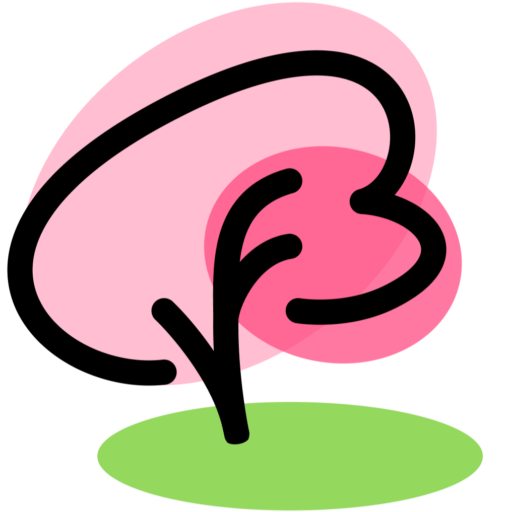Susan Constable

keeping her secret . . .
a whisper of wind
among the blossoms
Susan Constable
Parksville, British Columbia
Congratulations on having your haiku selected as the top winner in the British Columbia category in the Vancouver Cherry Blossom Festival’s 2021 Haiku Invitational contest. How did you first learn about haiku, and how much writing of haiku or other poetry have you done?
This question takes me back to the 2006 inaugural VCBF Haiku Invitational. A writing friend urged me to enter the contest, which I thought was a crazy idea, since I’d never written haiku. Google came to my rescue by taking me to Jane Reichhold’s “Haiku Techniques,” which is still available online. I read the whole article, tried a few of her suggestions, and then let my imagination roam. Imagine my surprise when both my entries received honourable mentions. I was hooked! Until a few years ago I was quite prolific, having many haiku published in both print and online journals and anthologies.
In 2019 you also served as a judge for the Haiku Invitational. How did that help inspire you for this year’s Haiku Invitational?
I thoroughly enjoy the roles of editor and judge. It’s fascinating to discover different interpretations while reading and rereading these small poems. Even though there are thousands of haiku about cherry blossoms, there are always those that help me to see them in a new and refreshing way. When I try to explain what someone else’s haiku means to me, or discover how it sounds when I read it aloud and how it affects my emotions, I can then measure my own haiku by the same yardstick.
What was the inspiration for your winning poem?
My winning poem wasn’t written for the contest. I’ve been struggling with writing much of anything during the pandemic, so one day I set myself the challenge of penning ten haiku about leaves. The one I liked best ended with “a whisper of wind / in the autumn leaves.” When an email arrived, reminding me of the VCBF haiku contest, I changed “autumn leaves” to “spring blossoms” and let my imagination take over. I don’t remember where “keeping her secret” came from, but I’m so glad it landed where it did.
Describe the moment when you first learned you had won.
I was surprised and delighted to receive the news while at my computer and with my husband nearby. He’s very supportive of my writing life and knows that a publication of any poem inspires me to keep on writing. I love discovering how others read my work, so I am very appreciative of the judges’ comments—my favourite part of any contest or literary review.
Do you have favourite books or websites relating to haiku that others might benefit from in order to learn haiku as a literary art and to share one’s haiku?
I’m not a huge reader of books about haiku, but I do read a lot of haiku poetry. Most of my own learning comes from looking at someone else’s work, noticing what I like, and trying to emulate that in my own poems. I keep Lee Gurga’s Haiku: A Poet’s Guide on hand, as well as William J. Higginson’s The Haiku Handbook. I find that membership in workshopping groups, whether online or in person, are invaluable to me as a writer and Michael Dylan Welch’s Graceguts website is a wonderful resource, as is Jane Reichhold’s aforementioned website.
Please tell us more about yourself.
I began my working life as a teacher on British Columbia’s lower mainland, first in the primary grades of a traditional school, then in person and via long-distance phone calls with adult learners studying for their high school diplomas, and then at a teachers’ training college in Ghana. At the age of forty, my husband and I moved with our three children from the “big city” to a town with one traffic light. We left the academic world and went into retail sales. By 1995 we’d sold all our businesses and were newly retired. To fill my days and work through the grief of our younger son’s death that year, I returned to writing, something I’d enjoyed in high school. I joined several in-person and online writing groups, started submitting my work to numerous journals, and eventually found myself judging and editing various Japanese poetry forms. If I’m not involved on that score, then I’m either at the gym, on my bike, or simply walking in the great outdoors.
How does where you live and what you enjoy doing affect the way you write haiku?
For more than twenty years we were fortunate to live right by the ocean, with beautiful sunset views, an abundance of sea life at our feet, and the sounds of wildlife including eagles, seals, gulls, and sea lions. Although we downsized closer to town in 2015, we’re only a few kilometers from all we left behind. My phone is always with me, enabling me to record nature’s sights and sounds, as well as ideas for future poems.

